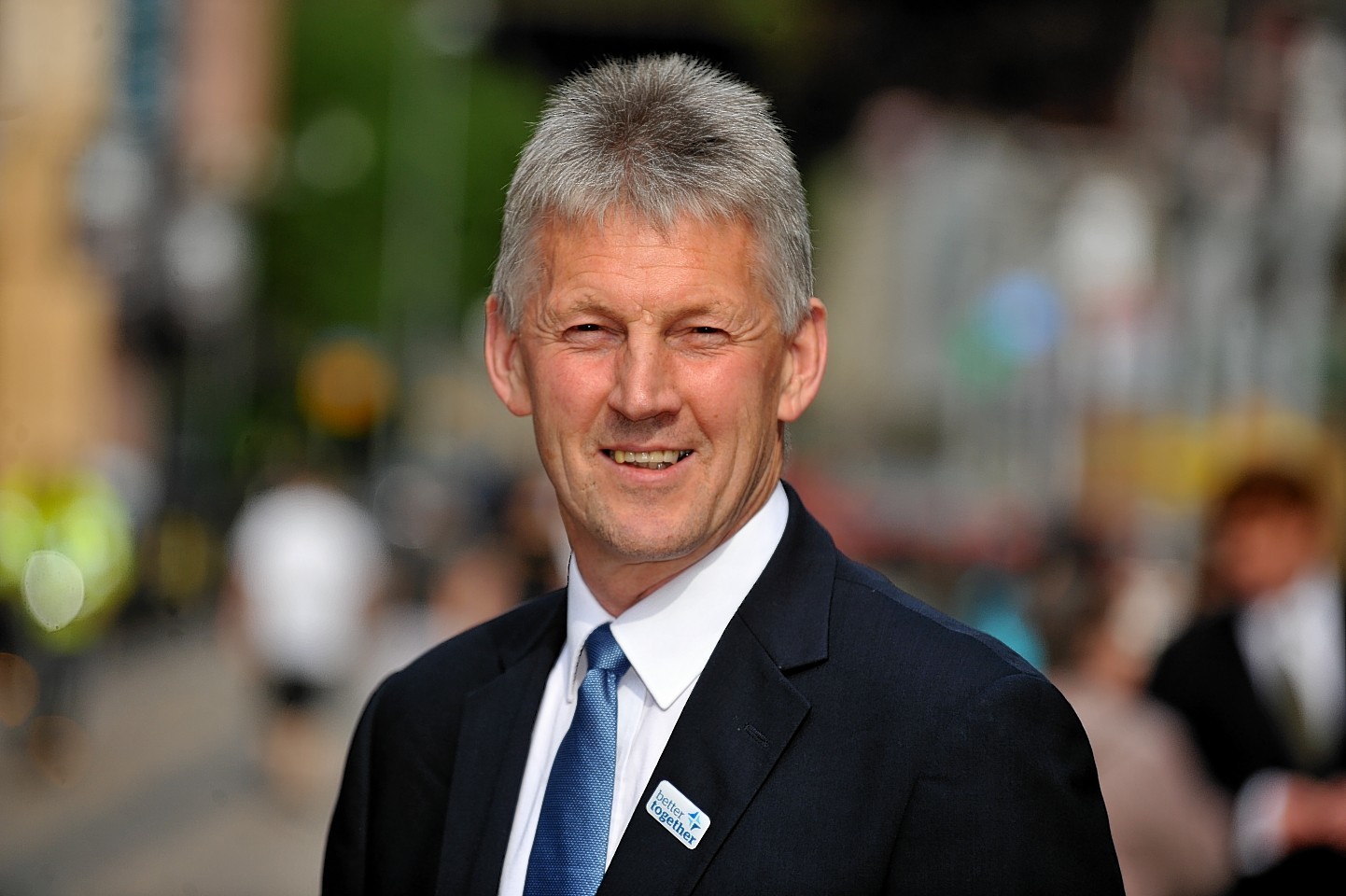Scottish farmers will be glad to see the back of 2017 as it will go down in history as one of the wettest years since 1985.
For livestock farmers in particular the misery will continue into 2018 with many short of silage and the price of straw at record levels.
The only saving grace is the weak pound caused by the Brexit vote continuing to prop up higher farm prices and increased farm payments.
So what will 2018 bring?
For many farmers better weather and a good growing season would do more to lift the spirits that anything else.
And the industry will hope the political fog caused by Brexit will begin to clear.
First up will be the negotiation of the two-year transition phase of Brexit which should be agreed by March.
For farmers the key question is whether the Common Agricultural Policy (Cap) will still apply to UK farmers during transition?
Defra Secretary Michael Gove wants us out of it but the European Commission’s negotiating mandate says all EU rules must apply during this period.
Transition is essential to allow time for a new trade deal between the UK and the EU to be negotiated.
However, in private experienced trade negotiators in Brussels will tell you there is not a cat in hells chance of reaching a bespoke UK trade deal in that time frame.
The negotiations will be so difficult and time consuming that the transition phase will have to be extended well beyond 2021.
During transition the UK will in effect still be a member of the EU but have no seat at the table which is the worst of all worlds.
For this reason I expect that Gove will get his wish and UK farmers will start to move out of the Cap before the end of transition.
At the Oxford Farming Conference the UK Minister confirmed this approach.
He announced that although Basic Payment Scheme (BPS) payments would continue through to 2024, after 2019 they would be capped or phased down and cross compliance would not necessarily apply.
He claimed this would give farmers time to prepare for the start of a new British Agricultural Policy in 2024.
Inspections however would continue but only to monitor compliance with UK animal welfare and environmental laws.
He also wanted a retirement scheme to help farmers who want to leave the industry.
At the heart of the new policy will be a system of public money paying for public goods which he made clear will be environmental enhancement.
He also promised the current Cap budget would continue until 2022 and BPS payments would continue to be funded until 2024.
In the debate fellow panellist Paulo Di Castro, vice-president of the European Parliament’s agriculture committee voiced what I suspect many farmers in the audience were thinking that the radical plans sounded more like a Common Environment Policy.
The big news from a Scottish perspective was when Gove confirmed the proposals only applied to England.
He made it clear it was for Fergus Ewing to decide on future support for Scotland effectively confirming that farm policy will be decided at Holyrood in future.
Surely it is about time the Scottish Government came clean and spelt out exactly what the future holds for Scottish Agriculture.
* George Lyon is a former Liberal Democrat MEP. He works as a senior consultant for Hume Brophy and sits on the board of levy body organisation AHDB
